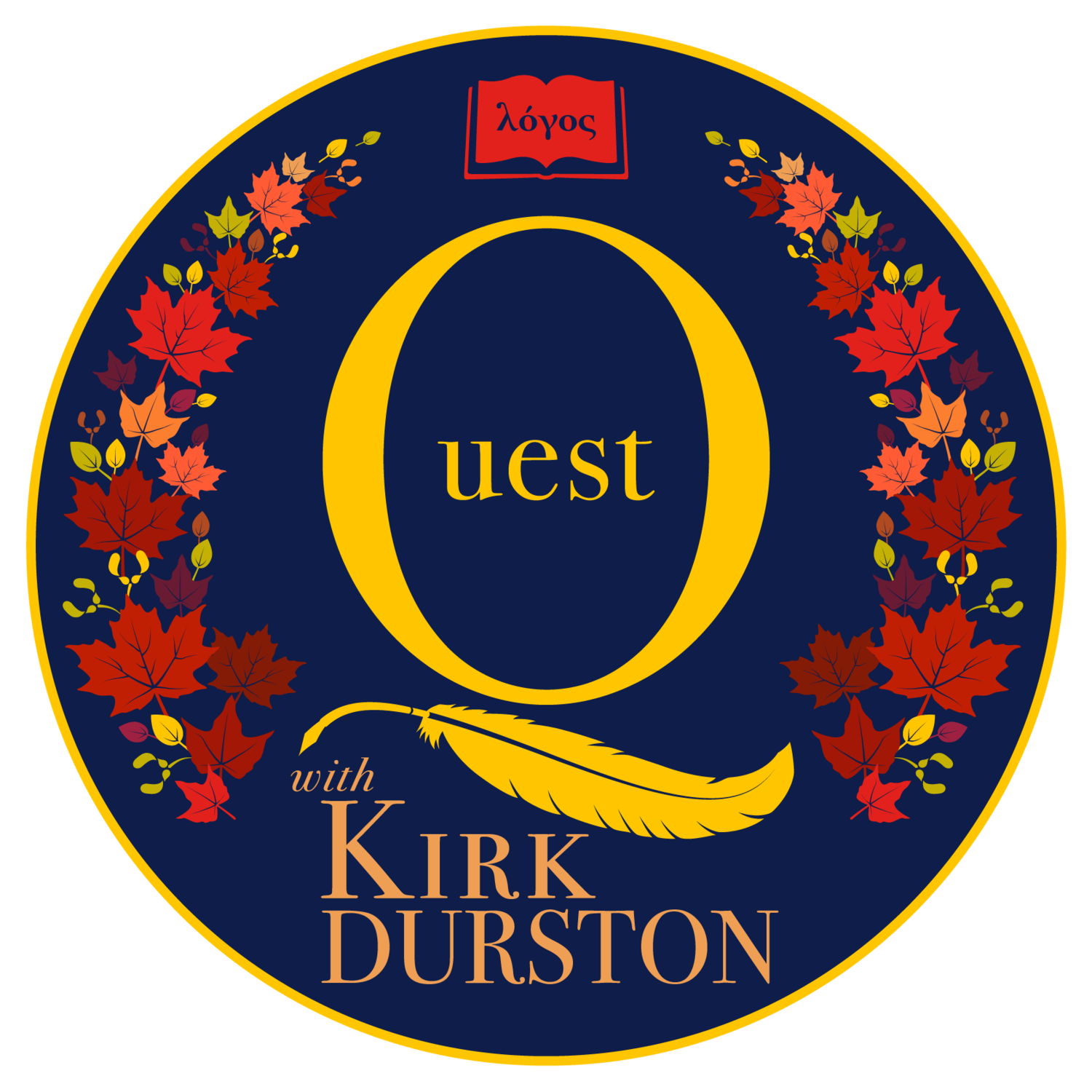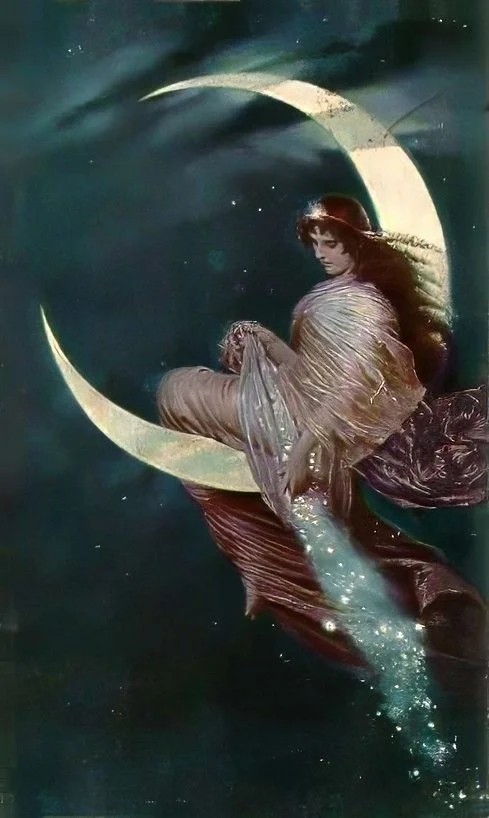Did Time have a Beginning? -- My First Brush with Infinity
Twilight in the Wilderness - Fredrick Church, 1860
It was a summer evening when I worked my way to the top of a enormous pile of decades-worth of ashes behind a small, rural country school near where we lived at that time … a small house down a dirt road where a passer by could find themselves stuck up to their axles after a prolonged rain. At five years old, I knew I was already pushing the limit as to how far away from the house I was allowed to go … but that six-foot high pile was a mighty tempting thing to climb. Sitting down at the top, surveying the landscape around me, I attempted to imagine an infinite past. Don’t ask me why; it was just one of those things that popped into a small boy’s head with no explanation. I had already heard a few stories that went back several thousand years, so that was my first landing point as I imagined a jump backward into the past. Doubling that first jump, I took another leap back in my mind, trying to get a feel for the distance from the present. Multiplying that second, mental leap into past history, I accelerated further back toward infinity past. Within a few moments, all I could see in my mind’s eye was a bottomless void opening up, out of which nothing could ever possibly escape to reach the present. Feeling a strange panic, I broke out of that mental free fall with an almost nauseating feeling of vertigo at what I had just seen. The experience was so unnerving that it still remains vivid after so many years.
There are only two choices; time is infinitely old or it had a beginning. This isn’t something people often ponder when sipping an Americano in a coffee shop, but they should, and here’s why … the philosophical implications are massive.
“all I could see in my mind’s eye was a bottomless void opening up, out of which nothing could ever possibly escape to reach the present”
As a boy, I had simply assumed the past was infinite …. even Christmas seemed like half a life-time away, and summers lasted almost forever. Since then, however, I have found out I was wrong … we know with certainty that the past is finite. Time had a beginning and here is how we know that.
Imagine a box containing an infinite number of matches. Remove one match from the box and set it on the table. Lighting that match represents you reading this article. Each of the other matches in the box represents each event in that gigantic causal chain of events extending out of the past, that had to take place, one at a time, before you could read this article (I had to write it, you had to be born, and so on). Each event in the past, as it occurred, can be represented by you taking one of those matches out of the box and lighting it, one at a time.
Now here is the fascinating part. A countable infinite set of matches (or anything else) has a property such that, as you remove and light each match, the number of matches remaining in the box always stays the same. What this means, is that if you started taking matches out of the box, lighting them one at a time, no matter how long you did this, you would never make any progress. There would always still be an infinite number of matches left in the box and you would never, ever get to light the final match you initially took out of the box. This property of countable infinities is discussed in a little more detail in a short, two-page article. (1)
In other words, if there is an infinite number of events in the past that had to take place, one after the other, then you would never, ever reach the present. Yet here you are, reading this article. The fact that you are actually experiencing this event, here and now, reveals that the number of events in that massive causal chain that had to unfold before you could get here, must be finite.
It needs to be pointed out, however, that despite the fact that modern science shows the universe had a beginning, and a property of countable infinities clearly shows that the actual past must, necessarily be finite with absolute certainty, many cosmologists present mathematical models in an attempt to get around having a very real beginning to material reality. There are two things to keep in mind:
As I have explained elsewhere, (2) these mathematical models cannot be tested, therefore they should not be mistaken for a scientific explanation and,
None of the models work when mapped to reality. There is always at least one critical component of the mathematical model that in reality is non-existent or false.
These models, therefore, amount to what we might call a ‘fantasy-of-the-gaps’ argument. A finite past and beginning to nature is an inescapable reality.
In reality, there was a beginning to time and, if time had a beginning, then nature had a beginning. But if nature had a beginning, then that raises the big question … what caused nature to come into existence? What made time start “ticking”? I will deal with this in my next post. In the meantime, you can watch me explain this in a short, two-minute video below, or you can read a slightly more detailed, two-page explanation.
Further reading:





